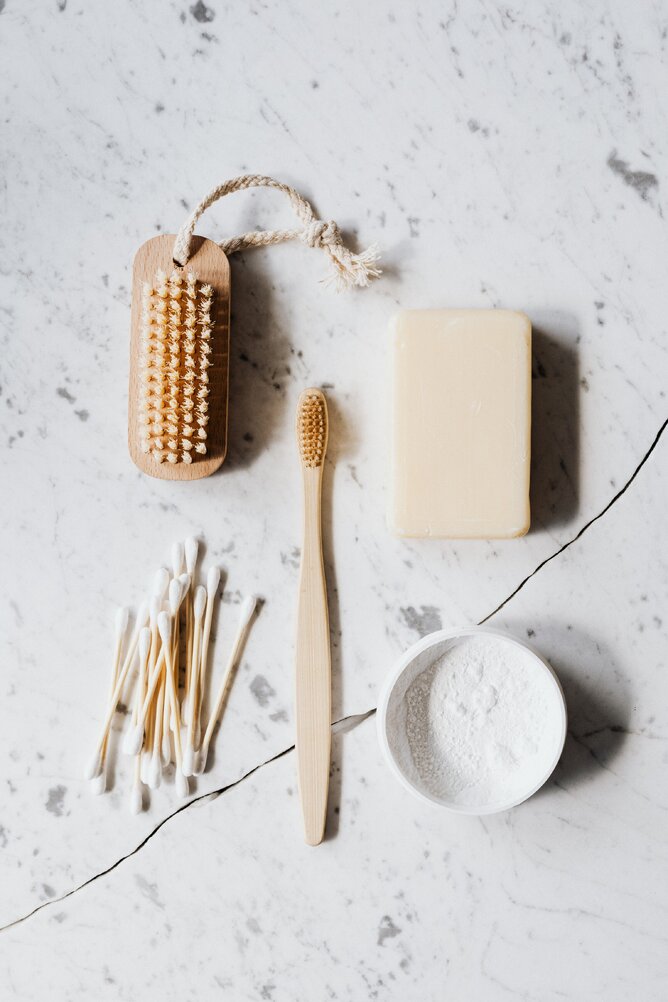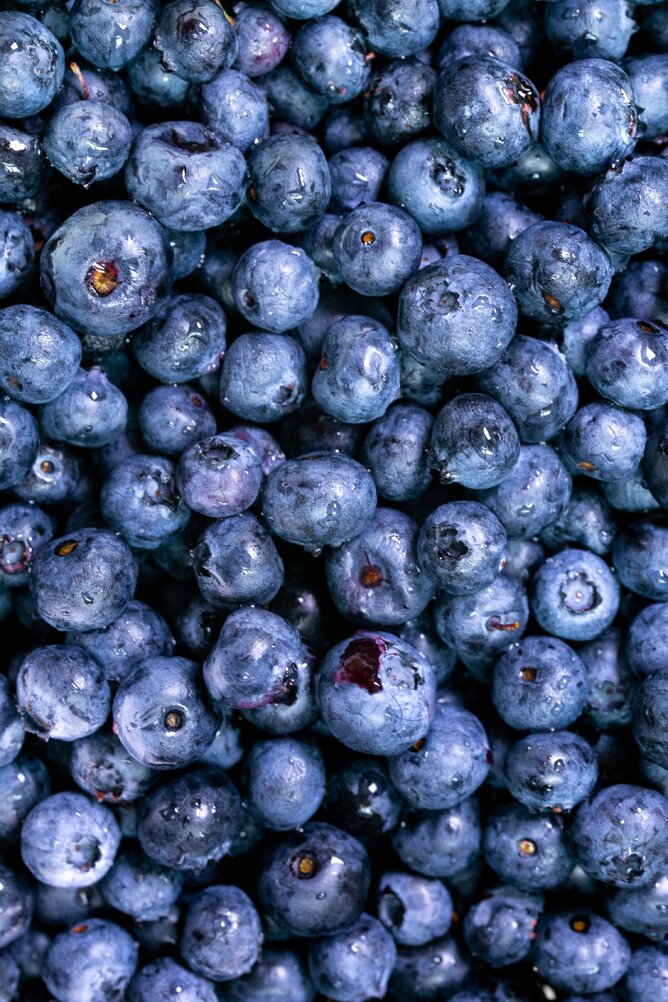My journey to minimise toxins
A few years ago, when I first learnt about free radicals and antioxidants, I embarked on a journey of replacing a lot of the everyday items in our home. It was hard at the start to use the natural cleaning and washing products, as I didn't think it smelled "clean". But then I discovered Essential Oils (or re-discovered really, as I spent a lot of time using them as a teenager). Just add a few drops of lemon, orange, peppermint or eucalyptus and everything smells fresh! These days a lot of the store-bought products come with nice fresh scents as well.
When me and my family moved up to Tauranga, my goal was to start a vege-garden, and start creating my own cleaning products etc. So, what's the verdict four years on? Well, I do have a vege-garden and I'm very proud to have a continuous supply of kale, spinach, celery and herbs all year round. And other more seasonal vegetables, when I have time to plant them!
I don't make all my cleaning products, but I have started using schampoo bars and only wash my hair once a week. All my soap, skin products and mostly make-up (working on that!) are natural. Yes, it can take time, but that's ok.
So why do we need to use natural products for our health? I mean, most of us know that they're good for the environment. But if you're someone, who sits on the fence, sometimes buys eco-products and sometimes not. Below article might make you reach for the natural product more often.
Some facts about toxins
Depending on the types of genes that have been passed down from your parents, you could either be very good at eliminating certain toxins, or you may have a reduced ability to process heavy metals, pesticides, herbicides, and persistent organic pollutants, causing toxic accumulation in your body.
You could think of it like this; free radicals attack our body like a virus (free radicals), so to protect ourselves we build up our protection (antioxidants), to fight this virus.
The roles of antioxidants are to neutralize the excess of free radicals, to protect the cells against their toxic effects and to contribute to disease prevention.
The problem is if there's an overflow of free radicals, they build up in cells and cause damage to other molecules, such as DNA, lipids and proteins. This damage may increase the risk of cancer and other diseases.
How can I avoid toxins?
There are plenty of practical tips on how to remove toxins from your home, I'll share some of my favorite tips below:
- Replace all toxic cleaning products with non-toxic ones, like Eco-store, Earthwise, or my personal favorite Dazz which also minimise plastic with cleaning tablets. PS. This is not a sponsored post!
- Use soap and shampoo based on natural ingredients. Remember, our skin is our biggest organ! My favorites are ethique, Glowlab, Little Genie & Everblue
- Eat organic foods and grow your own vegetables, this reduces your exposure to pesticides.
- Only use BPA-free plastic, especially drink bottles and lunch boxes.
- Don't be around smokers.
- Limit your exposure to fumes from factories and cars.
Now of course we are always going to end up with some toxins, and unfortunately free radicals can come from our food as well.
Foods - a source of free radicals
Oils can oxidize when exposed to light, air, and high heat, which creates free radicals. Reusing cooking oils, like the fryers in commercial kitchens, is a major source of free radicals and possibly why fast-food consumption is associated with oxidative stress (an imbalance between free radicals and antioxidants). Below are the foods which contains most free radicals:
- Anything deep fried
- Sausages
- Bacon
- Ham
- Alcohol
- Hotdogs
- Salami
- Corned beef
Foods full of antioxidants
Luckily there is plenty you can do to boost your own army of antioxidants. A tip is to have at least a couple of below foods each day, and try to aim to have all of the following on a weekly basis:
- Broccoli
- Spinach
- Carrots
- Blueberries
- Artichokes
- Cabbage
- Asparagus
- Avocados
- Beetroot
- Radish
- Lettuce
- Kale
Now, I realise this could mean a lot of change to some people, but I'd suggest as always when it comes to lifestyle changes - start small. Maybe plant some lettuce and carrots, or swap your kitchen spray to a non-toxic one. Little things might lead to bigger changes down the track, and this could mean a healthier & happier life for you and your family.
Best of luck on your journey to a more toxic-free living!







